Quincy Troupe Co-Wrote Miles Davis's Autobiography. His Own Story Is Just as Rich.
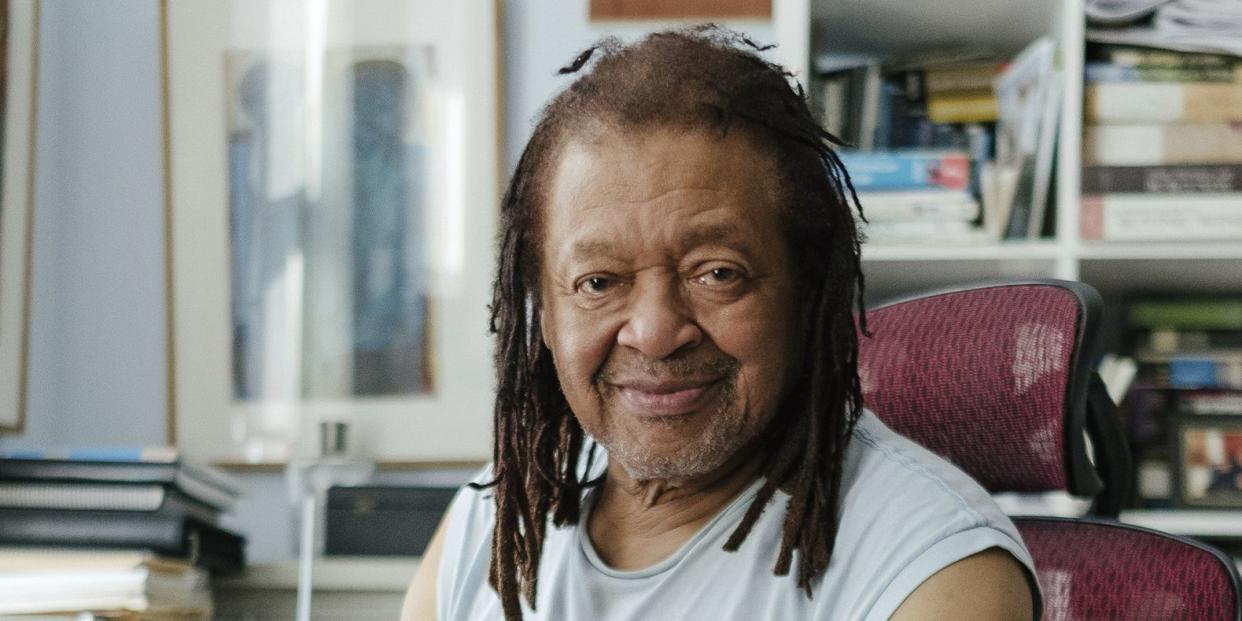
- Oops!Something went wrong.Please try again later.
“Hearst Magazines and Verizon Media may earn commission or revenue on some items through the links below.”
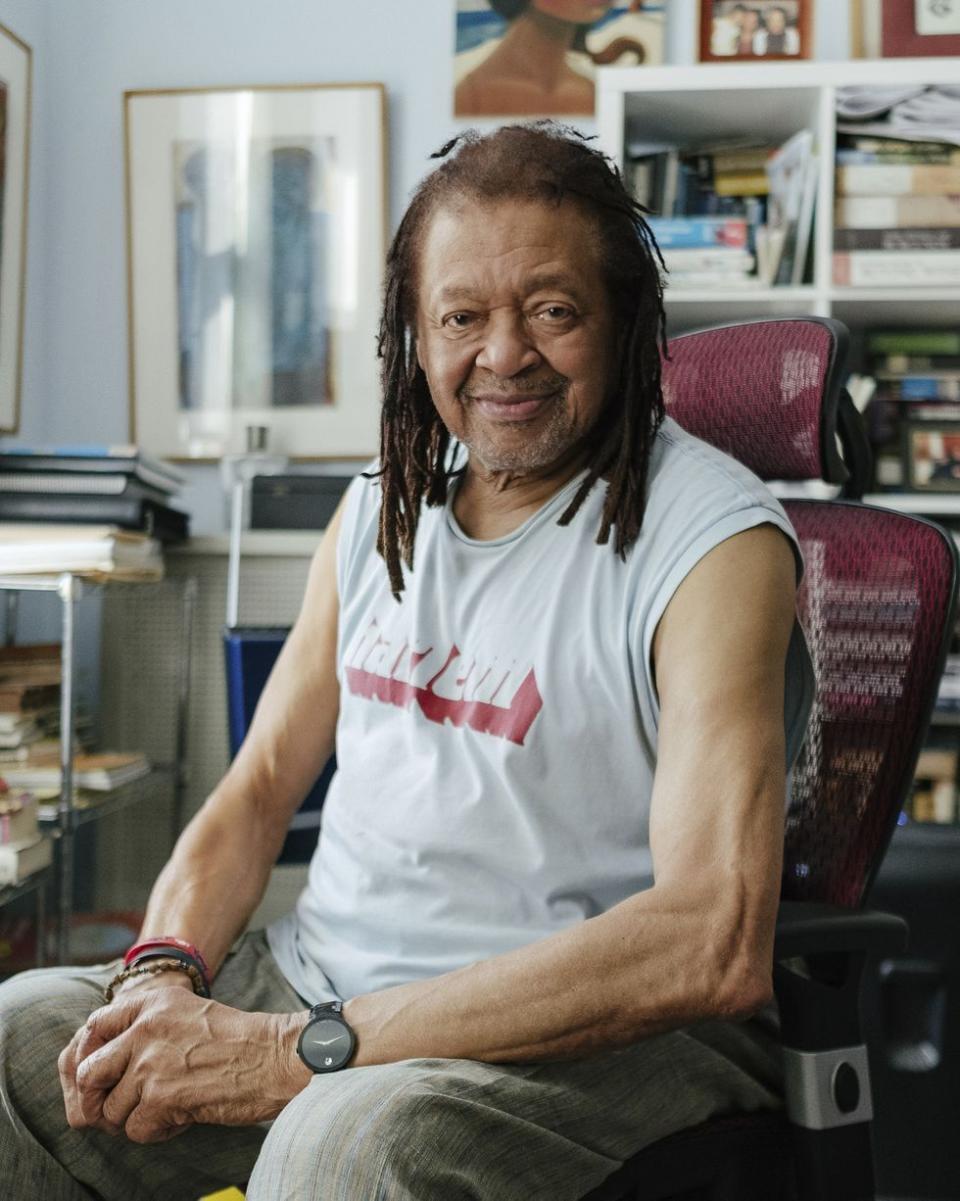
As told to by Allana Haynes/
Photograph by Stephanie Mei-Ling
My father was 6' 3". He was a legend in St. Louis, as a baseball player and basketball player. My mother…I had a great mother. She was a little woman, 5' 2", and beautiful physically and inside—but she didn’t take no stuff. He was a ladies’ man, and my mother didn’t like that. She threw him out because she caught him doing all kinds of stuff, which was a shattering thing for my brother and me.
My father always expressed regret for doing what he did with my mother, which humanized him in my vision. But she still wouldn’t take him back.
We had a comfortable life, in a way, because my mother worked and my dad always sent money. We lived in a house at first, but then when he moved—I don’t want to say that he stopped sending money, but we had to leave that two-story house that we lived in and we moved downtown. It was about a six-room flat, but it was not the same kind of place where I was born and raised. That house had a backyard and it had a front porch—and we moved to the second floor over Joe’s Supermarket.
My brother, Timothy, was always interested in playing drums, and I was always interested in sports. I became a very good basketball player and baseball player. I went to George Washington Carver Elementary School, which was a two-block walk over to Bell Avenue. So we had to go past the tavern and go across Franklin, which was a terrible street at that time. We had to leave our neighborhood, and there were gangs in every one of those little neighborhoods. I remember people dying up under the window, right at our front doors. My whole life changed at that point. At first, I was this happy-go-lucky guy, having a great life, and being a little kid, and then, all of a sudden, you know—because there were a lot of cutthroat guys in the neighborhood.
But I was a really, really good student. And because my mother had books around the house, I loved books. At an early age, I read all kinds of books—I just loved the books. Every time I would go out, I’d have a book in my back pocket.
After my father and mother divorced, she met another man who was a musician. China Brown. He had his own band. He was a bass player, and he had a band that was at the Riviera, which was the big music club in St. Louis, where everybody came—Billy Eckstine, Nat King Cole, all the great Black singers. And he was in the house band, so he made some money. So the next thing I knew, my mother told us we were going to move over on the North Side.
By this time I had entered Vashon High School—which was another problem, because to get there you had to go through other gangs, you know. But my cousins, all the boys and the girls, were really tight-knit, so we all hung together and nobody bothered us.
We were the second Black family on our block, and we moved over there into a very nice house, a very nice house, that they had bought. The white people never spoke to us. This white woman that lived next door to me and her family—the girl was about the same age I was—went to Beaumont High School. I transferred to Beaumont, but she never would speak to me. It was seven of us Black people that went to this school, Beaumont. Seven. We stuck together, because the white kids wouldn’t say nothing.
I was always still reading books and all that, and I had all these scholarships to go to these white colleges. But by that time, I was tired of these white people. I was tired of dealing with them, you know. So, my father said, “They want you to come to Grambling College in Louisiana, and Tennessee State.” I said, “Those are Black schools.” He said, “I know the coach down at Grambling real well, and the president of the school.” By that time, my father was a big-time scout, so he knew all the people. So I said, “I’ll go to Grambling.” I didn’t know anything about Grambling.
I had this odd combination of reading books, the athlete, and the thug, because I grew up having to protect myself.
I went into the Army and went to France and was on an all-Army basketball team when I started writing. I joined the Watts Writers’ Workshop, with Budd Schulberg. [Schulberg, an Oscar-winning screenwriter, started the workshop as a creative outlet for young writers in 1965, after the Watts Riots in Los Angeles.] I met all these writers. Johnie Scott, who went to Stanford. And Ojenke—[a.k.a.] Alvin Saxon—who had gone to UCLA. He was a physicist and had majored in physics and chemistry and all that. We are still best friends to this day. Another poet out there, who I’m friends with, K. Curtis Lyle. We starting to talk about all these great poets and these great writers like Richard Wright and James Baldwin.
I met James Baldwin and I’m like, This is what I want to do.
I had gotten the idea to do an anthology, and somebody said, “Well, you ought to go talk to Toni Morrison. She’s at Random House.” I hadn’t read any of her books at the time, but I go to Random House and met Toni Morrison. I came in with the idea of doing an anthology of writers from all over: Latin America, Africa, Black America, Chinese, all of these people. By this time, I was reading everybody.
She took it, and I published this book called Giant Talk, and it became the forerunner to a lot of books. She was my editor. We got to be so close. By this time I was really up into it, and I published my first book of poems, Embryo.
And that’s the way it started.
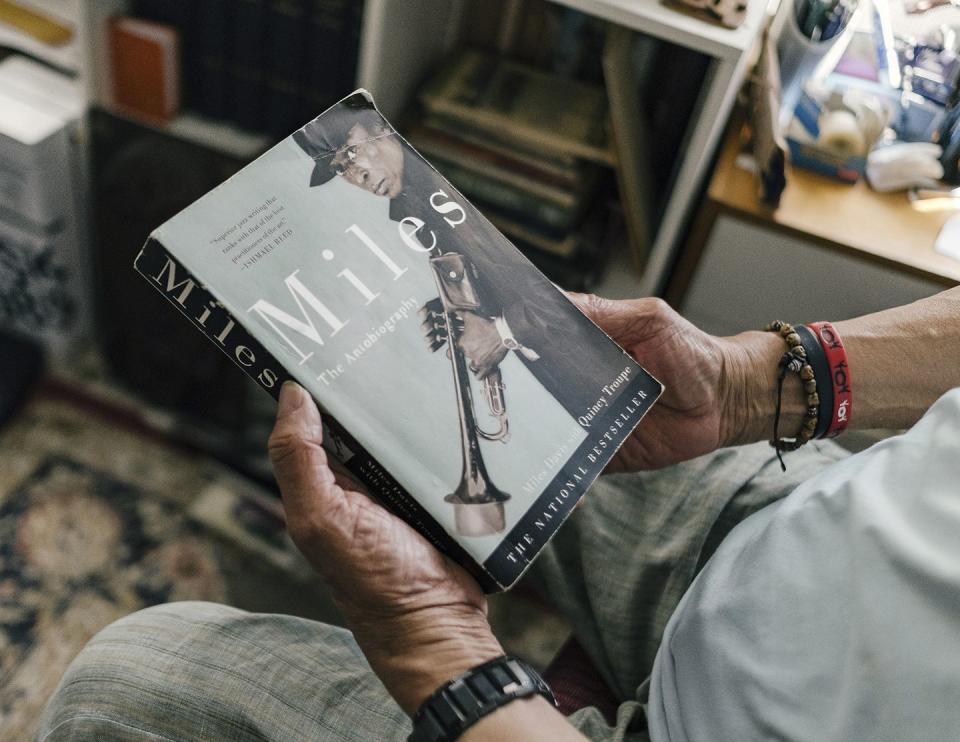
I don’t have a favorite book, of my books. I know the one that’s gotten me the most notoriety, that’s been translated into 35 or 36 languages all over the world, is Miles: The Autobiography. Miles and Me, my memoir, has been translated into 20-some languages.
I knew him really well—we got to be really good friends. I idolized Miles when I first heard his music. I was first attracted to Miles by his music. I loved his music. And then I loved his attitude. If he didn’t like you, he didn’t speak to you. He didn’t waste time talking to you. That was the way it was.
Another one was The Pursuit of Happyness. Chris Gardner [who went from homelessness to being a successful stockbroker, wrote a memoir, and was eventually played by Will Smith] came and found me. There was a knock on the door. I go to the door, it’s Chris Gardner. I looked at him and I said, “Yeah, who are you?” He said, “I’m Chris Gardner.” I said, “What do you want?” He said, “I want you to write my story.” I wrote the book and it became a number-one New York Times best seller. I didn't know it was going to be there like that.
To young people, I say, “Read books. Read masters, great writers first. Get grounded in great writers.” My favorite novelist is Gabriel Garcia Marquez. One of the highest points in my life was when I met Pablo Neruda, who is my idol as a poet, and Gabriel Garcia Marquez, who I got to meet—who had read my Miles book and loved my Miles Davis book.
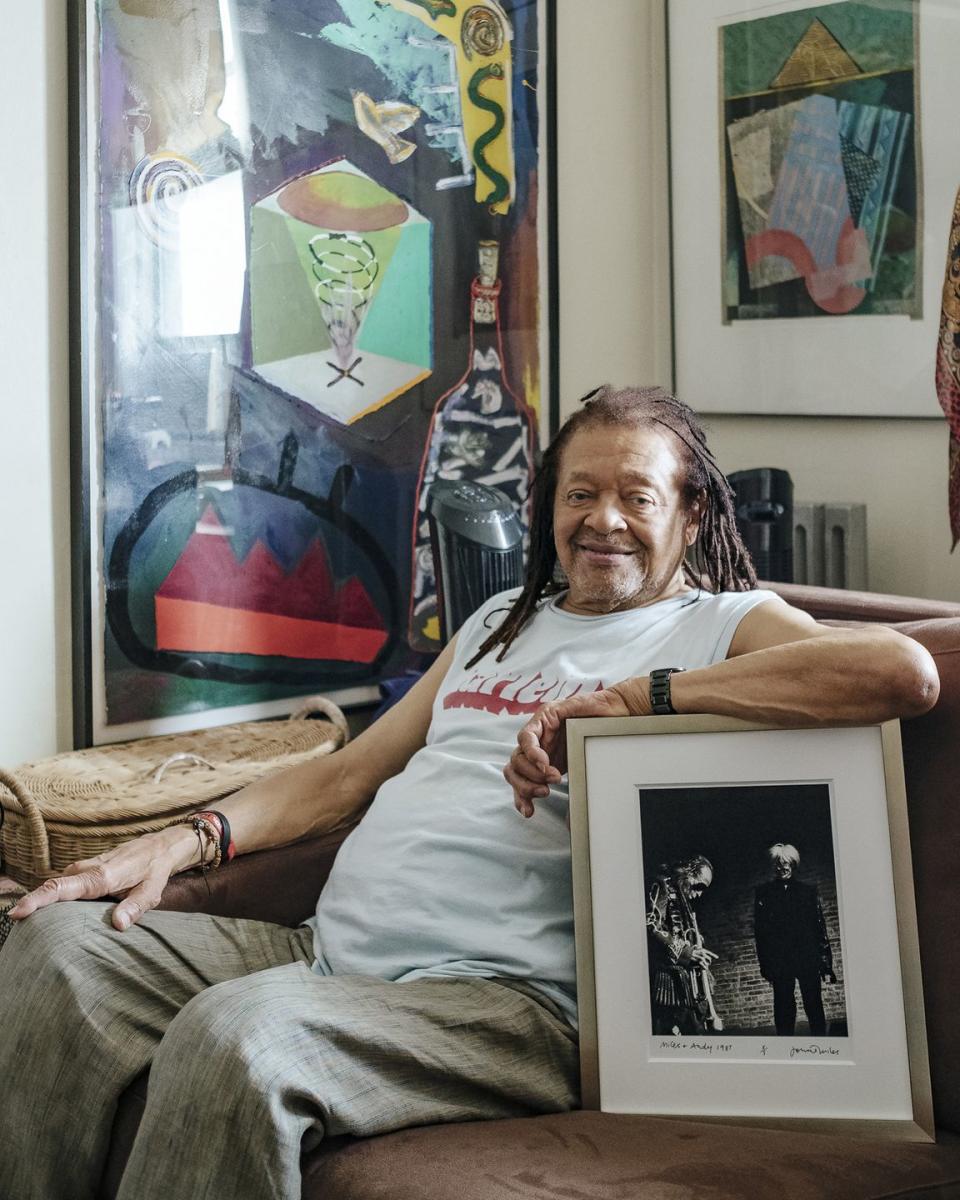
Have confidence in yourself and confidence in your ability—there’s nothing wrong with that. But listen. Young people have to listen, because they don’t know everything. I thought I knew everything, too, because I could shoot a 25-foot jump shot. But I didn’t.
About the Journalist and Photographer
Turn Inspiration to Action
Consider donating to the National Association of Black Journalists. You can direct your dollars to scholarships and fellowships that support the educational and professional development of aspiring young journalists.
Support The National Caucus & Center on Black Aging (https://ncba-aging.org. Dedicated to improving the quality of life of older African Americans, NCCBA's educational programs arm them with the tools they need to advocate for themselves.
This story was created as part of Lift Every Voice, in partnership with Lexus. Lift Every Voice records the wisdom and life experiences of the oldest generation of Black Americans by connecting them with a new generation of Black journalists. The oral history series is running across Hearst magazine, newspaper, and television websites around Juneteenth 2021. Go to oprahdaily.com/lifteveryvoice for the complete portfolio.
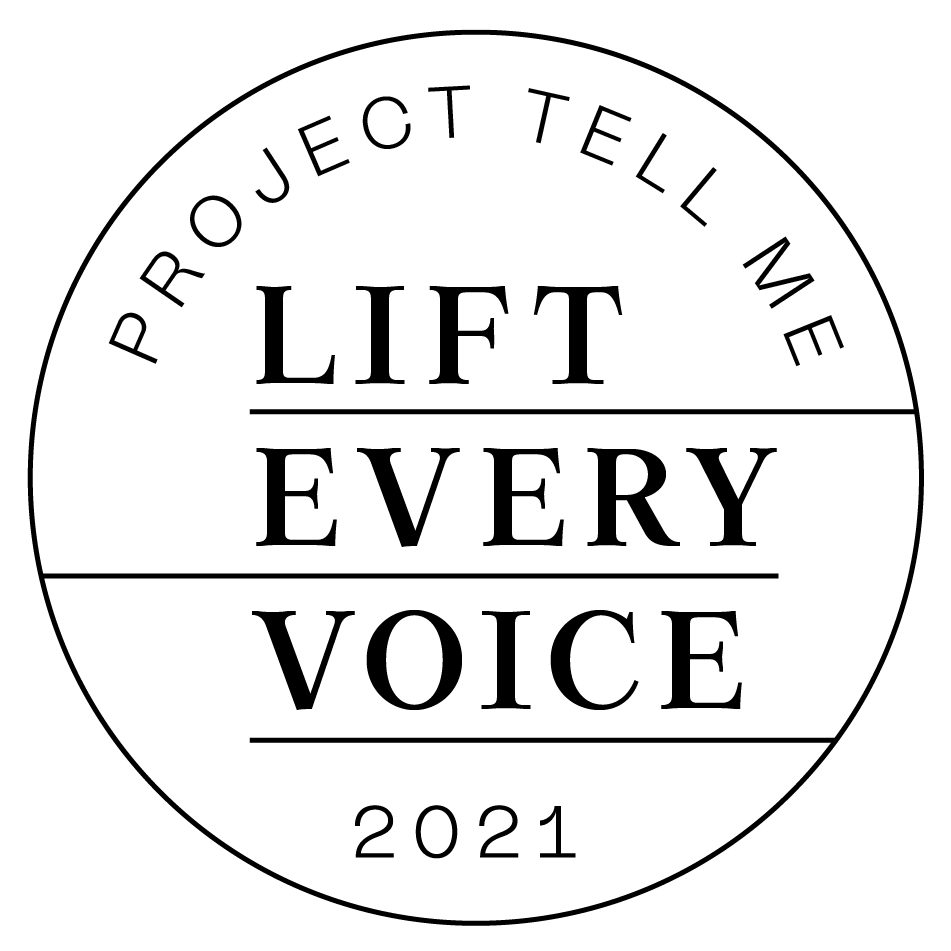
You Might Also Like

